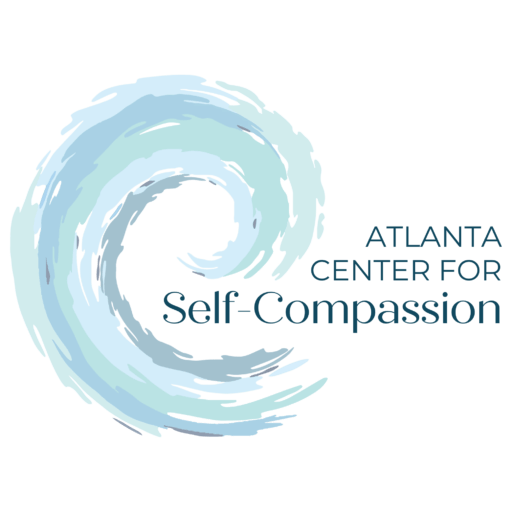The other day I was late to an appointment I had been looking forward to. I felt frustrated with myself for missing something I actually wanted to do. I was angry at my dog for delaying me, angry with the other cars on the road: It was an unpleasant drive! Moments like these remind me of a skill I teach to clients: “radical acceptance.”
On my drive, I tried to practice radical acceptance by pausing and noticing that my anger was only making me feel worse and it was likely to spoil the rest of my day. I validated the anger, telling myself: “It makes sense that you are frustrated and disappointed about being late.” Then I turned on some music to shift my attention away from the angry loops in my head. For the rest of the drive I slowed my breathing and listened to music and felt calmer. By the time I arrived, I was able to accept the time I had missed and be present for the time I had left.
Radical acceptance is particularly needed as we enter year three of this pandemic. The personal and collective suffering I am hearing about from my clients and loved ones is intense and overwhelming. It feels like everyone I know is suffering in one way or another. And much of the suffering feels deeply unfair. But when we notice ourselves saying “It shouldn’t be this way” or “I shouldn’t be this way,” we have an opportunity to practice radical acceptance.
Practicing radical acceptance with bigger life transitions like a break up, a job change, a move, or a death, can feel difficult or impossible. One small place to start is by reminding yourself that “loss, change, and death are a part of the human experience. You aren’t feeling this way because you are doing life wrong. There is no way to live a human life without heartbreak and suffering.”
You can use your body to help practice acceptance by sitting with open hands on your lap or breathing in and out deeply and slowly. Ask yourself, what would I wish for a friend who was in this situation? Or What do I need right now?
We don’t have a choice about when life pulls the rug out from under us but do have choices about how we respond. When we can be gentle with ourselves and our pain, we may find that radical acceptance can help us get unstuck and keep us moving forward.
Photo by Randy Lisciarelli on Unsplash


